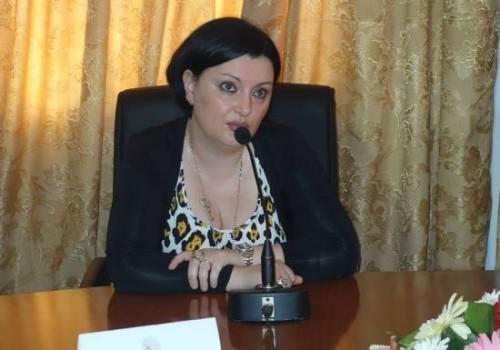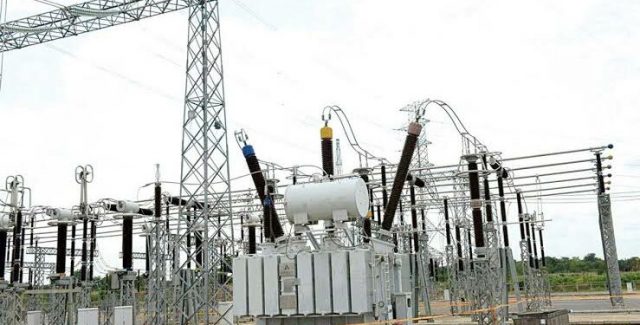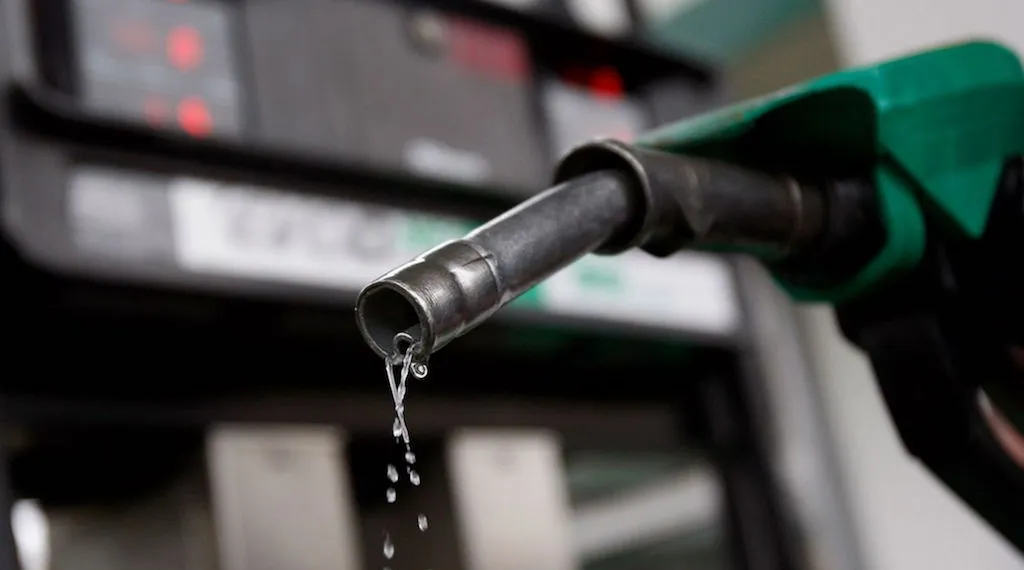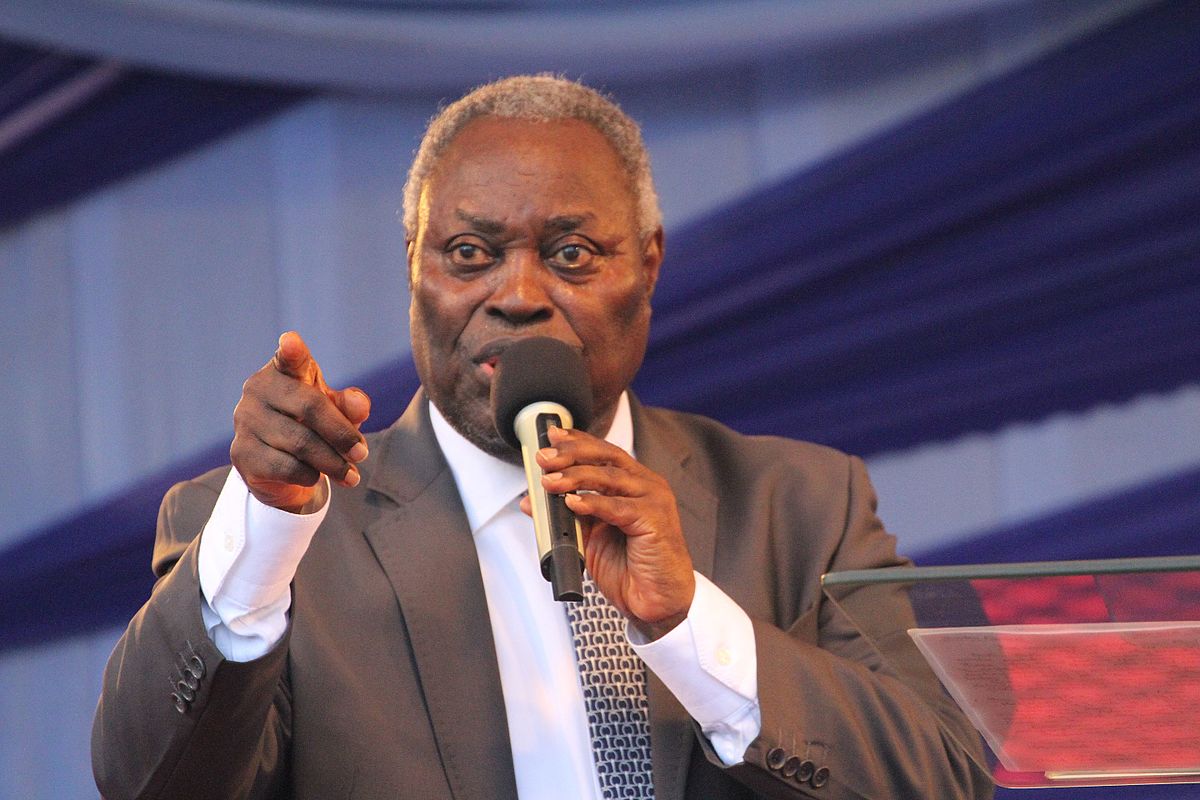News
JUST IN: EU Launches €9 Million Projects To Revolutionize Nigeria’s Energy Landscape

-
EU launches €9 million projects to improve Nigeria’s energy sector.
-
Focus on small hydropower and circular economy practices.
-
Aims to boost energy accessibility and sustainability in Nigeria.
EKO HOT BLOG reports that continuing its commitment to enhancing Nigeria’s energy sector, the European Union has launched two new projects valued at €9 million.
The announcement was made during a project inception workshop held in Abuja, in collaboration with the Federal Government and the United Nations Industrial Development Organization.
Nigeria, with a population exceeding 200 million, faces energy challenges, as reflected in its low electricity consumption per capita compared to other countries like South Africa.
EDITOR’S PICKS
- Lift Ban On Sachet Alcohol, Reps Tell NAFDAC
- Strike Continues, SSANU Declares After Meeting With FG
- BREAKING: Senate passes Student Loan Act Bill
The World Bank reported Nigeria’s per capita electricity consumption at 147 kilowatt-hours in 2022, contrasting with South Africa’s 3,566 kilowatt-hours.
Additionally, data from the Central Bank of Nigeria revealed the country’s struggle with low power generation and inadequate distribution infrastructure, with an average per-hour consumption of 3,689.700 MWh in September 2023.
It is against this backdrop that, the partnership has been developed to address the poor energy situation in the country.
The projects – Small Hydro Power Development for Agro-industry Use in Nigeria and Advancing Nigeria’s Green and Just Transition to Net Zero through Circular Economy Practices – aim to enhance energy accessibility and promote circular economy practices to address pollution and climate change.
While the SHP-DAIN is a three-year project with a budget of €5 million, Advancing Nigeria’s Green Transition to Net Zero through Circular Economy Practices is also a three-year project with a budget of €4m The United Nations Industrial Development Organization will implement both projects”, EU noted.
Both projects are part of the EU Global Gateway Strategy, a transformative initiative to enhance connectivity, foster economic growth, and promote sustainability through collaboration.

These projects push Nigeria closer to its earnest aspiration to transition towards a more sustainable and environmentally responsible future, especially de-carbonizing its economy and working towards achieving a transition to net zero emissions by 2060.
Speaking during the official launch of the projects in Abuja, the EU Ambassador to Nigeria and ECOWAS, Ms Samuela Isopi, explained that the SHP-DAIN project would increase the capacity of small hydropower in Nigeria’s total energy mix to promote productivity along the agricultural value chains and other businesses, enhance livelihoods, and promote food security and decent work.
She said, “The SHP-DAIN will support capacity strengthening of major actors from private, government, finance and target Micro, Small and Medium Enterprises sectors in the specifics of Small Hydropower through tailored training(s) and knowledge management.
“It will support the establishment of SHP of 2MW cumulative capacity for agri-industrial use across the six geo-political zones of Nigeria.
“It will support the development of policy and institutional framework on Renewable Energy for productive uses to streamline policies/incentive schemes towards a greater use of SHP, with cross-cutting activities for ensuring sustainability, which includes awareness development, visibility promotion, implementation of gender strategies, project management and monitoring.”
According to her, the Advancing Nigeria’s Green and Just Transition to Net Zero through Circular Economy Practices project is aimed at improving the management of used off-grid energy equipment and plastics through circular economy practices for mitigation of pollution and greenhouse gas emissions.
Isopi further explained that the new initiative would support the strengthening of policy and regulatory framework on promoting circular economy principles and practices, and management of used energy equipment, and the related implementation capacity, while supporting the strengthening of enabling institutions at the Federal and State levels.
“It will support the strengthening of the private sector by developing business models to support SME-led circular economy practices, including reusing and recycling of used equipment in the energy sector, with cross-cutting activities for ensuring sustainability, which includes awareness development, visibility promotion, implementation of gender strategies, project management and monitoring,” she added.
She added that the private sector participation is key to the success of the project.
FURTHER READING
- BREAKING: NLC Members Storm LP Headquarters, Demands Abure’s Sack
- Strike: SSANU, NASU, NAATS Stage Protest, Block UNILAG Gate
- Buhari’s Ex-Aide Reacts As Otti Secures $125 Million Loan From Islamic Bank
The Minister of Power, Adelabu Adebayo, while officially launching the projects, expressed confidence that the projects would not only enhance the management of used off-grid energy equipment and plastics but also increase agricultural productivity and improve livelihoods.
He further inaugurated Project Steering Committees to ensure the success of the projects.
Click to watch our video of the week
Advertise or Publish a Story on EkoHot Blog:
Kindly contact us at [email protected]. Breaking stories should be sent to the above email and substantiated with pictorial evidence.
Citizen journalists will receive a token as data incentive.
Call or Whatsapp: 0803 561 7233, 0703 414 5611















